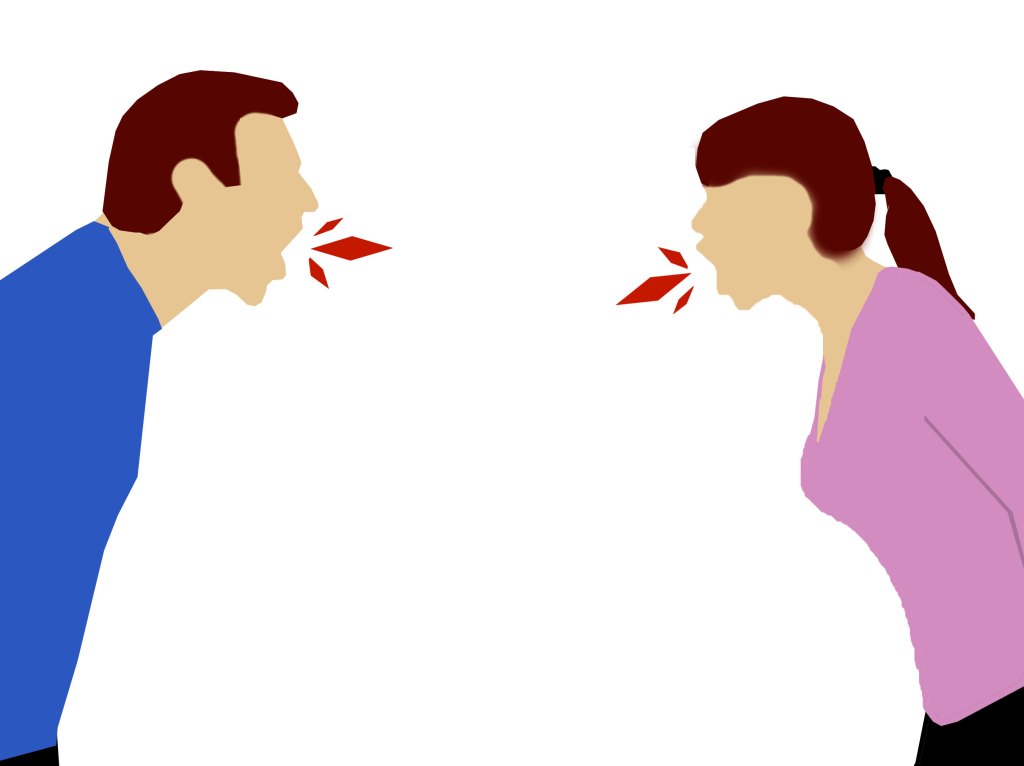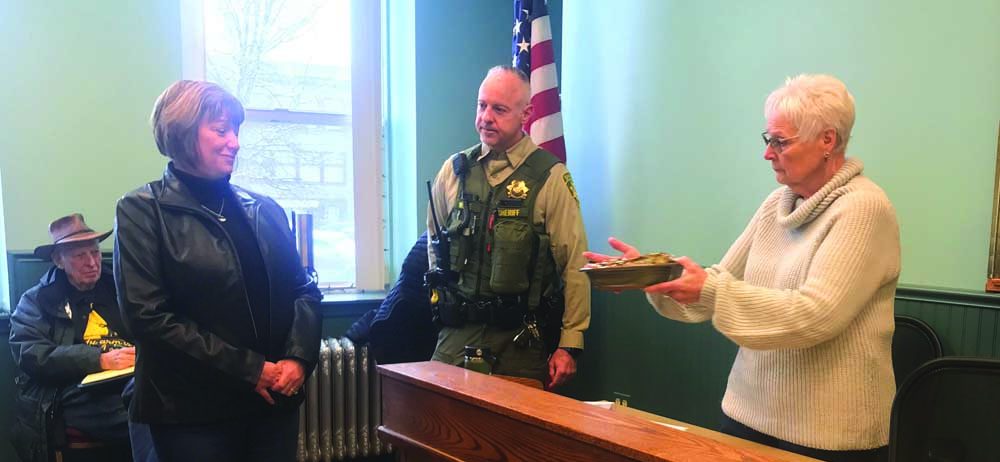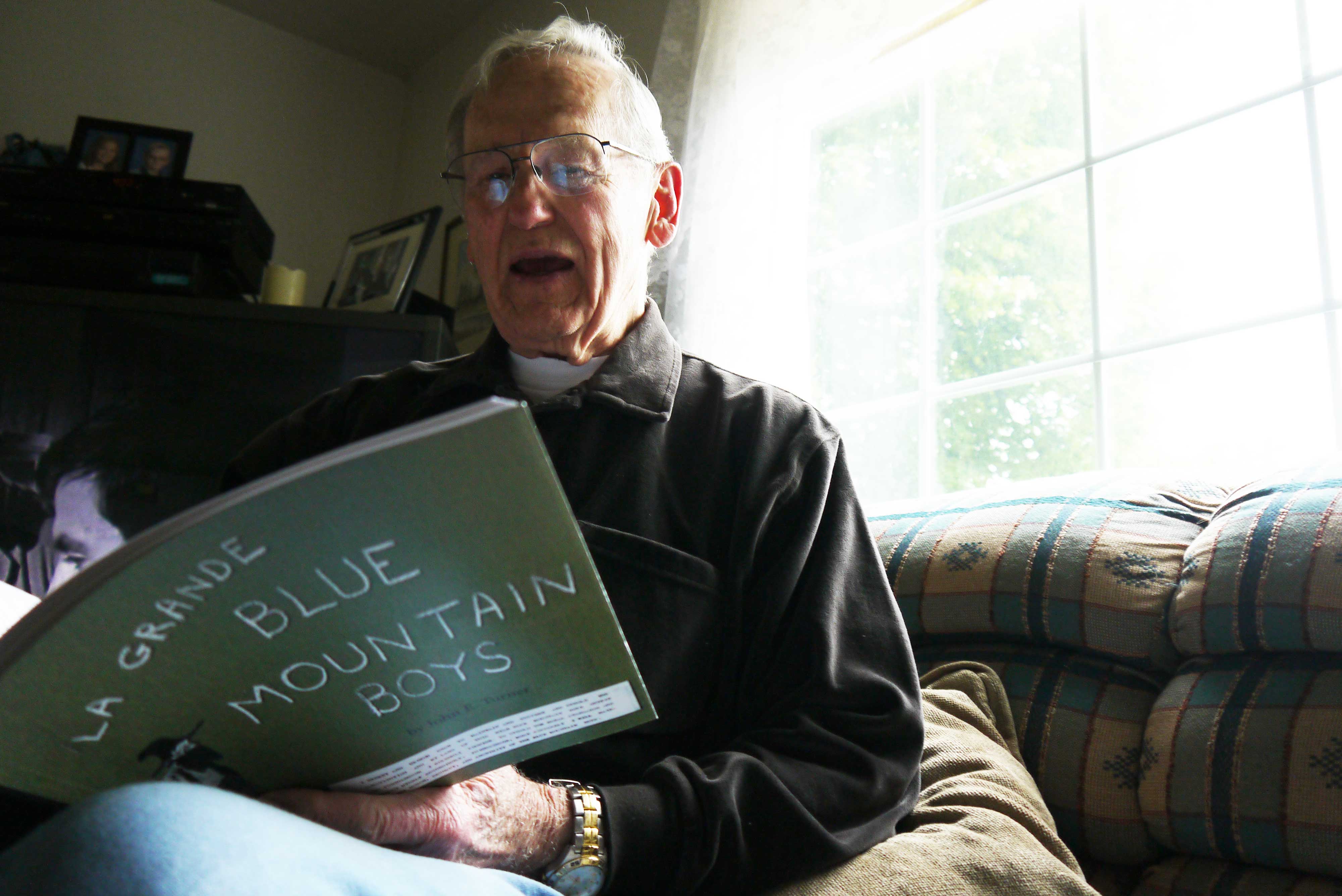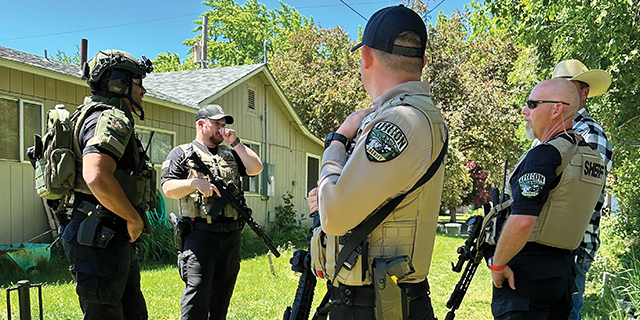Dating violence among teens
Published 12:31 pm Wednesday, February 21, 2018

- Dating violence among teens
LA GRANDE — February is known for Valentine’s Day, Black History Month and skipping people’s birthdays, if you were unlucky enough to be born on Leap Day.
A perhaps less known fact about the month of February is that Congress has designated it as Teen Dating Violence Awareness Month.
According to the Domestic Violence Awareness Project, part of a national resource on domestic violence, approximately 1.5 million high school students nationwide experience physical abuse from a dating partner every year. During the month of February, advocates join efforts to raise awareness about dating violence by having discussions regarding the physical, sexual and psychological abuses in relationships among teenagers. Awareness includes promoting healthy practices and encouraging communities to get involved in preventing dating violence.
“The (movement) was first started in 2010,” said Tasha Marshall, advocacy support coordinator at Shelter From the Storm. “It is important to recognize this month, talk about (abuse), empower teens and remind them to be respectful of their partners.”
The theme for this year’s awareness month is “Hands Unite: Do your Part.” The goal, according to the www.loveisrespect.org, which also offers an online chat option for teenagers, is to “empower young people to build healthy relationships from the ground up.” Since “hands are a tool for creation” they then “play a role in ending dating abuse.”
Marshall said that dating abuse among teenagers can include emotional, physical, sexual or even online abuse.
Abuse includes unwanted kissing, touching or sex, name calling, stalking, preventing a partner from having contact with others, body shaming and controlling a partner’s use of social media and texts.
According to Teen Dating Violence, — a website that offers resources for youth, adults and communities in learning more about teen dating violence — victims of teenage dating violence are more likely to engage in self-destructive behaviors in an effort to cope with the abuse. These behaviors include doing poorly in school, engaging in sexually promiscuous behavior, beginning to smoke, using illicit drugs, drinking heavily, getting into physical fights and attempting suicide.
“It can be difficult because teenagers have limited dating experience, and it’s hard for them to understand what they’re experiencing,” Marshall said.
Last fall, a presentation by Allyson Pereira addressing sexting and cyberbullying was given to middle school students. The event was organized by the Center for Human Development, Union County Safe Communities Coalition, the Union County District Attorney’s office and Protect Young Eyes (www.protectyoungeyes.com) along with Katie DeClue from Mt. Emily Safe Center and Deputy Dane Jensen of the Union County Sheriff’s Office. The entities had been talking about designing a prevention conference for youth in the area for more than a year. They chose a seventh-grade audience because they knew the majority of this age group uses cellular devices and they wanted to reach students before they started high school.
Jensen said that during workshops at the conference, they spoke with students about healthy and unhealthy relationships, what the warning signs for an unhealthy relationship are and who teenagers can talk to about these issues.
“They will probably talk to a best friend,” Jensen said. “We talked about them showing support for one another, and being supportive when that person talks to someone (like a) teacher or a counselor.”
According to Jensen, the Union County Sheriff’s Office has received a couple of phone calls from high school students this past year who were experiencing abuse.
He said parents should realize they can be key in assisting their teenagers.
“It is hard (for victims of dating abuse) to feel validated,” Marshall said, explaining that sometimes it’s difficult for adults to take abuse allegations by teenagers seriously, as it’s not something that is expected from the age group.
“Be aware of who your child is with,” Jensen said.
He said he is a firm believer in parents having access to their children’s cellphones in order to know who their kids are talking to.
“(Parents) should be looking for warning signs.”
Teenagers who are dealing with abuse can call Shelter From the Storm’s 24 hour crisis hotline: 541-963-9261.
“They can also add us on Facebook as we post relevant information about abuse. This month specifically about teenage dating,” Marshall said.
The National Dating Abuse Hotline is 866-331-9474.





